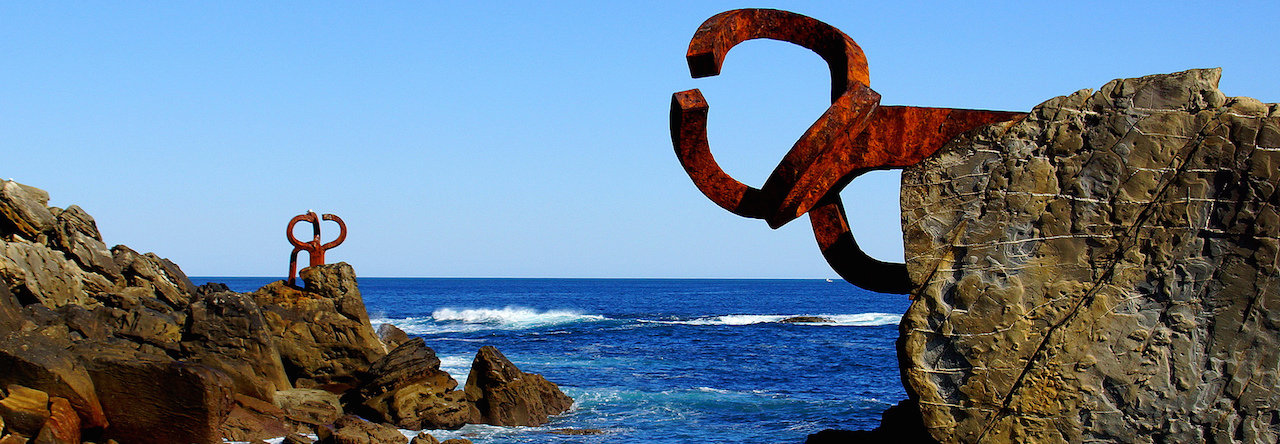
The Obama Presidency is not enjoying the best support from the Conservative think tanks front. In the middle of the crisis, the are afraid of the arrival of a new and stronger version of the damned Welfare State. If we did not know that in fact, the Welfare State has never left us, we firmly will believe their dramatic appeals against the new wave of communism is coming thanks to Mr Obama.
No, the launch of the Stimulus Plan is generating a big resistence from the Conservative economists. In other post I mentioned the economists’ rebellion leaded by the Cato Institute. Now it is the turn of the Heritage Foundation, whose experts prevent us from the socialist disguised in a Democrat.
With the motto The Left is on the March, this outstanding think tank has started a hard campaign to highlight all the decisions Obama Cabinet makes with the aim of returning to the Welfare State and even further.
“The 1996 welfare reform bill changed the way government treated welfare. But last week the Left reverted back to the liberal welfare state in the “stimulus” bill. Hidden in the bill was a massive increase in welfare spending. While the 1996 reforms gave states more money if they moved people OFF welfare, the new policy gives states more money if more people stay ON welfare”.
The analysts say the Government is going to spend $6,700 for every poor person in the United States. According to them this is not a worthwile investment because it perpetuates the aid and do not motivate people to leaving their bad situation. May be they have to ask themsleves who causes that situation. Not everybody is guilty of being a homeless.
People from the Heritage Foundation argues that the growth of welfare is the worst way to recover economy and family income. They remember the year 1996, when the Clinton Administration implemented another protection package that according to their point of view, did not stimulate at all the entrepreneurship and labour maket.
“It seems some bad ideas never die, and the welfare state is certainly one of them. Before 1996 the government heaped benefits on low-income individuals, crippling them in a cycle of dependency, and providing no incentives for state and local governments to help their citizens get jobs. And with last week’s bill, it seems we are turning back the clock and reinstating these failed policies again”.
But what about the opposite? It does not seem that George W. Bush economic policies have been a big success. And traditionally, Heritage, Cato, AEI and other protoconservative think tanks have the inspirers of the Republicans. The used to claim that. May be now they have forgotten the point.

 China has been the great icon of
China has been the great icon of  In the fat Developed countries we did not use to care about food. In general terms, we are having more food sources than we need and we only have to examine statistics on obesity to confirm food was not a matter of serious concern for rich nations. Countrymen have been receiving lots of subsidies, we have been dominating the process of liberalisation of commerce to favour our economies and in the middle of happy times, food was in a secondary position in the public policy agenda. Like other aspects, crisis has also changed the focus on the question.
In the fat Developed countries we did not use to care about food. In general terms, we are having more food sources than we need and we only have to examine statistics on obesity to confirm food was not a matter of serious concern for rich nations. Countrymen have been receiving lots of subsidies, we have been dominating the process of liberalisation of commerce to favour our economies and in the middle of happy times, food was in a secondary position in the public policy agenda. Like other aspects, crisis has also changed the focus on the question.  But despite big problems, before the crisis everybody agreed that the EU was an outstanding model of economic development and transnational cooperation. In fact, with the exception except those countries that wanted to live isolated, the waiting list to become a member of the Big Europe was very long. Even we can remember the discussions over the integration of Turkey. What happened? That Europe only exists for the Eurocrats. The European project is not leading any great economic transformation and does not play any role as a superpower. And in the middle of the crisis, several countries think seriously on the utility of being a member of the EU.
But despite big problems, before the crisis everybody agreed that the EU was an outstanding model of economic development and transnational cooperation. In fact, with the exception except those countries that wanted to live isolated, the waiting list to become a member of the Big Europe was very long. Even we can remember the discussions over the integration of Turkey. What happened? That Europe only exists for the Eurocrats. The European project is not leading any great economic transformation and does not play any role as a superpower. And in the middle of the crisis, several countries think seriously on the utility of being a member of the EU. 